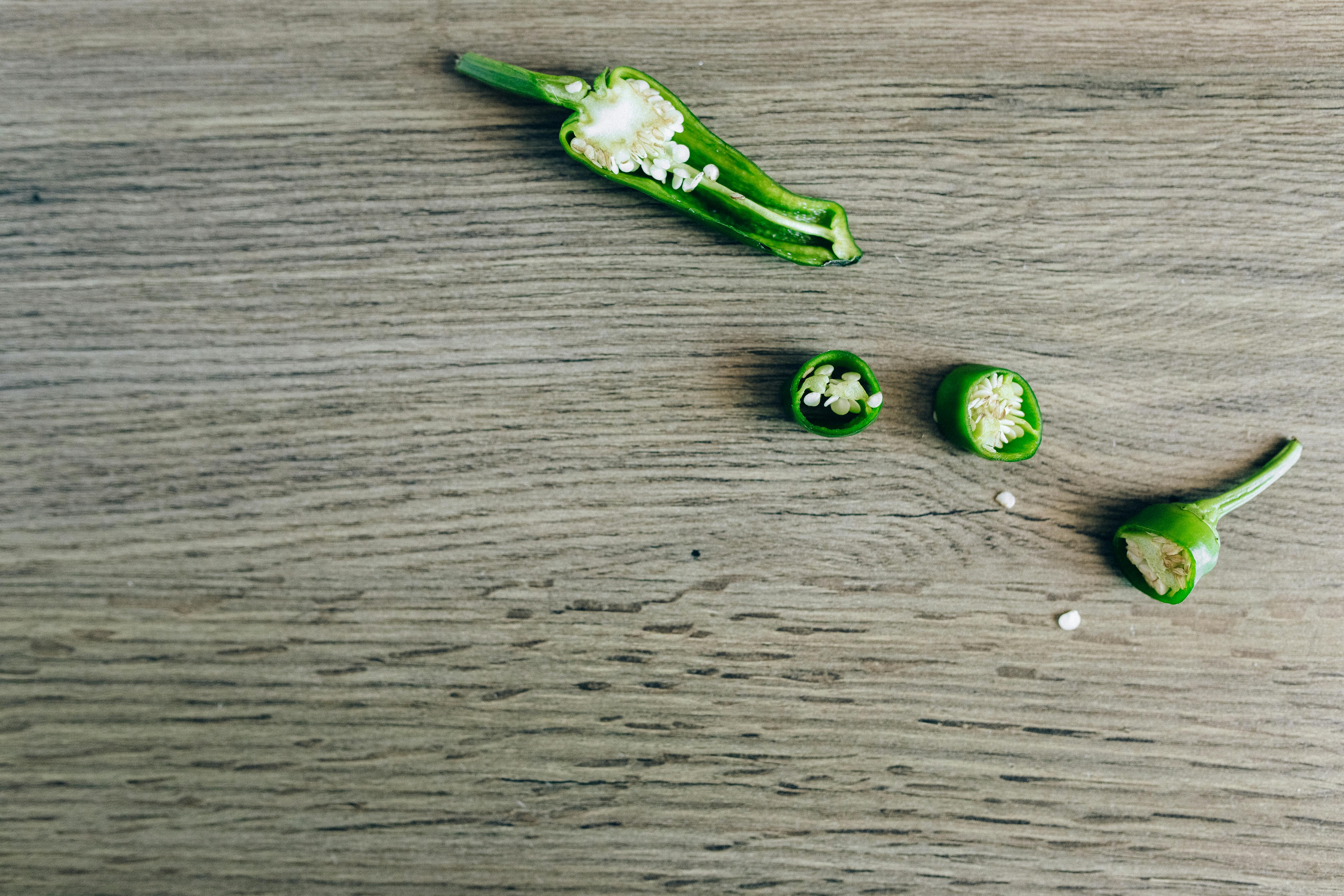From time to time, my friends and I are asked to do translations into Jamaican Patois. Most of the time these translations come from movies and music. We usually say yes to doing a Jamaican translation, but we always explain that Patois is a free-flowing language without the many rules of standard English or other languages, so you may later hear something that contradicts what you say. that we said and still it is correct.
The written form of Jamaican Patois is one of the main areas where people get confused. The confusion makes sense. One day you see the word patois written as “patois” and then the next day you see the word written as “patwa”. Both spellings are “correct” as far as Jamaican Patois is concerned because the rule is that there are no correct ways to spell particular words. Patois is a spoken language that is becoming a written language with some rules, but not as many as standard English. For example, last week someone on Twitter, the microblogging site, asked how to spell “Bumboclat” (one of several uniquely Jamaican swear words). You could spell Bumboclat at least three different ways. Here are some: bumboclat, bumboclaat, bumboclot, and even bumbaclaat. Which one is correct? All are. So for the person who is learning to speak Patois and wants to write something in Patois, the rule is to write it as it is pronounced. This could result in a deviation from the grammatical rules of English, but breaking the rules is what patois is all about.
Translating Jamaican proverbs and phrases is another area of mystery for the non-Jamaican student of Jamaican Patois. Many times new words and realities appear when someone is learning to speak Jamaican. For example, a basic expression is “ride di riddim”. For the person new to Jamaican patois, the word riddim may be new, but even if the person deduces that riddim is the patois version of the word rhythm, it is important to know the cultural meaning of “riddim” in dancehall music. You may hear the words ackee, pickney, or duppy in a popular Jamaican proverb and be a bit confused because these words are not used in standard English. For example, here is a popular Jamaican Patois phrase “Disobedient pickeny nyam rockstone”. The expression says that disobedient children will always be punished or have a bad end. The pronunciation of the phrase is one thing, but the familiarity of the words is another level of confusion. The solution is to practice, practice, practice and become familiar with the Jamaican vocabulary. Mastery of expressions and their translation comes with time when someone puts himself in different contexts.
The last demystification point is that you don’t try to translate everything word for word. This is a mistake a lot of people make when learning any language, let alone Jamaican Patois. Languages are formed from different historical events, sometimes from the fusion of different cultures and ideas. It is largely a waste of time and energy trying to translate expressions and sentences word for word because the meaning could be 100% different from the translation. For example, if someone said “You know, it’s been a long time since Jamaica ran a red.” Well, what does “running in red” really mean? When translating the expression, word for word, you wouldn’t be able to tell, which is why it’s vital that you spend as much time listening to what other people say and when they say something as you spend studying the expression in a book. .
Hopefully this will clear up some of the Jamaican translation process. Like Patois, when translating the Jamaican language, remember that it is more of an art than a science.




